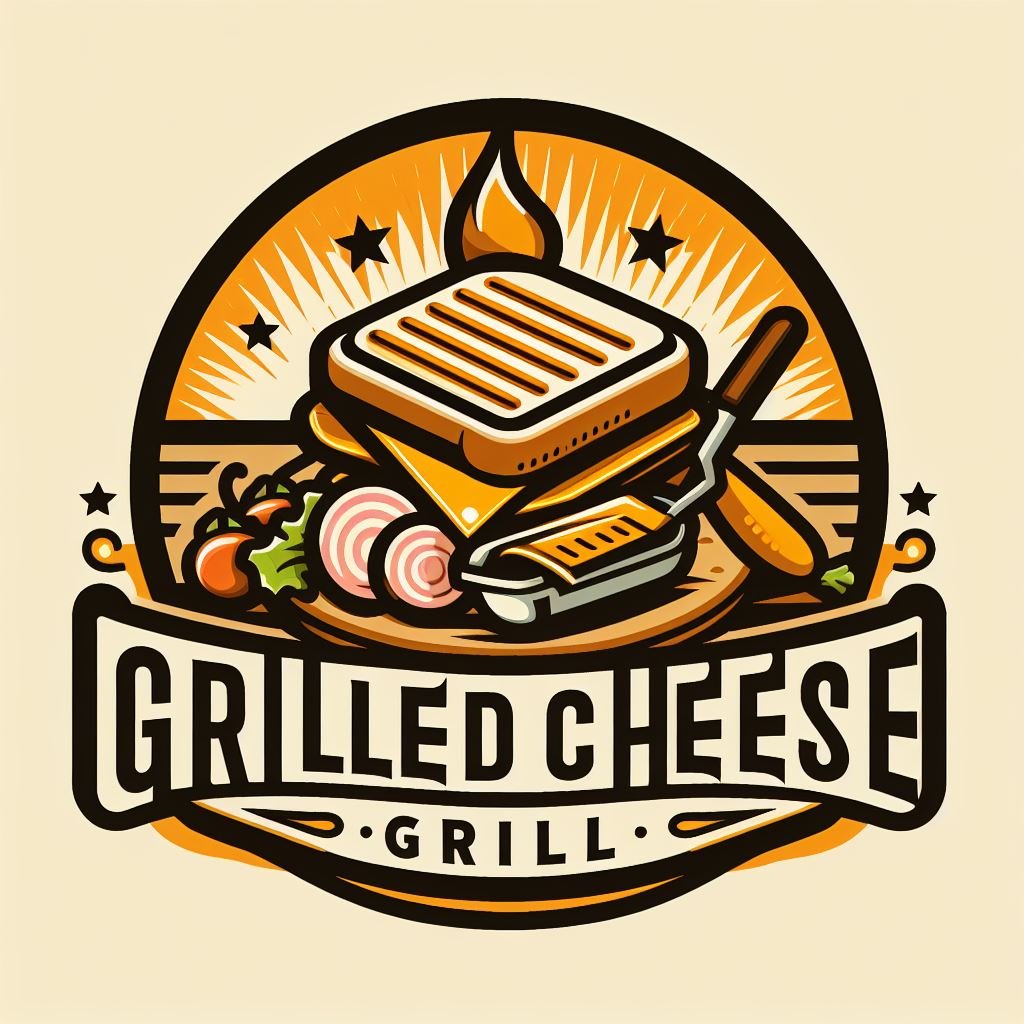Explore the benefits of incorporating goat cheese into your pregnancy diet in our informative blog post. Discover why goat cheese can be a nutritious and delicious addition to support your health journey.
When it comes to goat cheese pregnancy, many may wonder if this unique dairy product is a safe choice for expecting mothers. The good news is that goat cheese can be a winning combination during pregnancy, offering a range of health benefits for both mom and baby.
Rich in essential nutrients like calcium, protein, and vitamin A, goat cheese is not only delicious but also a nutritious addition to a prenatal diet. Its creamy texture and tangy flavor make it a versatile ingredient that can be enjoyed in salads, sandwiches, or even as a standalone snack.
In this article, we will explore the benefits of incorporating goat cheese into a pregnancy diet, debunk common myths, and provide helpful tips for safely enjoying this delectable cheese during this special time. So, grab a seat and lets dive into the world of goat cheese and pregnancy!

Goat Cheese and Pregnancy: A Winning Combination
Pregnancy is a special time in a womans life that requires careful attention to diet and nutrition. When it comes to cheese consumption during pregnancy, many women wonder about the safety of enjoying goat cheese. Lets explore the benefits of goat cheese during pregnancy:
Rich in Essential Nutrients
Goat cheese is a nutrient-dense dairy product that provides essential nutrients like calcium, protein, and vitamin D. These nutrients play a vital role in supporting the healthy development of the baby and maintaining the mothers bone health.
Lower in Lactose
For pregnant women who may have lactose intolerance or sensitivity to cows milk, goat cheese can be a great alternative. Goat cheese is naturally lower in lactose, making it easier to digest for some individuals.
Boosts Immunity
Goat cheese contains beneficial bacteria that support gut health and strengthen the immune system. During pregnancy, maintaining a healthy immune system is crucial for both the mother and the developing baby.
Safe Consumption Tips for Pregnant Women
When enjoying goat cheese during pregnancy, its essential to follow these safety tips:
- Avoid soft and mold-ripened goat cheeses unless they are pasteurized to reduce the risk of foodborne illnesses.
- Opt for fresh, firm varieties of goat cheese that are less likely to harbor harmful bacteria.
- Store goat cheese properly in the refrigerator and consume it before the expiration date for optimal freshness.
Overall, goat cheese can be a delicious and nutritious addition to a pregnant womans diet when consumed in moderation and with proper food safety guidelines in mind.
For more information on the best cheese products, visit Grilled Cheese Grill.

Safe Consumption Tips for Pregnant Women
When it comes to pregnancy, ensuring a balanced diet is essential for both the mother and the baby. Goat cheese can be a delicious and nutritious addition to a pregnant womans diet, but its important to be mindful of certain safety considerations.
Is Goat Cheese Pregnancy Safe?
First and foremost, pregnant women should opt for pasteurized goat cheese to minimize the risk of harmful bacteria such as listeria. Listeria infection during pregnancy can lead to serious complications. Always check the label to ensure the cheese is made from pasteurized milk.
Is Feta Cheese Pregnancy Safe?
Feta cheese is another type of cheese that pregnant women often wonder about. Similar to goat cheese, it is crucial to choose pasteurized feta cheese to reduce the risk of foodborne illnesses. Incorporating pasteurized feta cheese into salads or sandwiches can be a tasty way to boost calcium and protein intake during pregnancy.
Is Goat Cheese Bad for Pregnancy?
While goat cheese can be a healthy choice for pregnant women, moderation is key. Excessive consumption of any type of cheese can lead to an imbalance in caloric intake and potentially contribute to unhealthy weight gain. Pregnant women should enjoy goat cheese as part of a varied and balanced diet.
By following these safe consumption tips and being mindful of the type and quality of cheese consumed, pregnant women can include goat cheese in their meals safely and enjoy its nutritional benefits.
FAQs
Can pregnant women consume goat cheese?
Yes, pregnant women can safely enjoy goat cheese as part of a balanced diet.
What makes goat cheese a good choice during pregnancy?
Goat cheese is rich in calcium, protein, and essential vitamins which are beneficial for both the mother and the baby.
Are there any risks associated with eating goat cheese while pregnant?
It is generally safe to consume pasteurized goat cheese during pregnancy, but its advisable to avoid unpasteurized varieties to prevent any potential harm.
How much goat cheese is recommended for pregnant women?
Moderation is key – pregnant women can include goat cheese in their diet in moderate amounts to reap its nutritional benefits without any concerns.
Can goat cheese be a healthy snack option for pregnant women?
Absolutely, goat cheese can make a delicious and nutritious snack for pregnant women looking to satisfy their cravings in a healthy way.
What are some delicious ways to incorporate goat cheese into a pregnancy diet?
Pregnant women can enjoy goat cheese in salads, sandwiches, omelets, or even as a topping on whole grain crackers for a tasty and nourishing meal option.
Wrap Up
In conclusion, its evident that incorporating goat cheese into a pregnancy diet can be a safe and rewarding choice for expectant mothers. The nutritional benefits of goat cheese, coupled with its lower lactose content and higher calcium levels compared to other cheeses, make it a favorable option. While moderation is key, enjoying goat cheese during pregnancy can provide essential nutrients that support both maternal health and fetal development.
Additionally, goat cheese offers a versatile way to elevate the flavor profile of meals, adding a delightful touch to various dishes. Overall, we believe that responsibly incorporating goat cheese into a balanced diet can be a positive addition to a healthy pregnancy journey.
For more information on pregnancy nutrition and safe food choices, check out our article on pregnancy nutrition for valuable insights and tips. Remember to always consult with your healthcare provider or a registered dietitian to ensure your dietary choices align with your individual needs and preferences.



